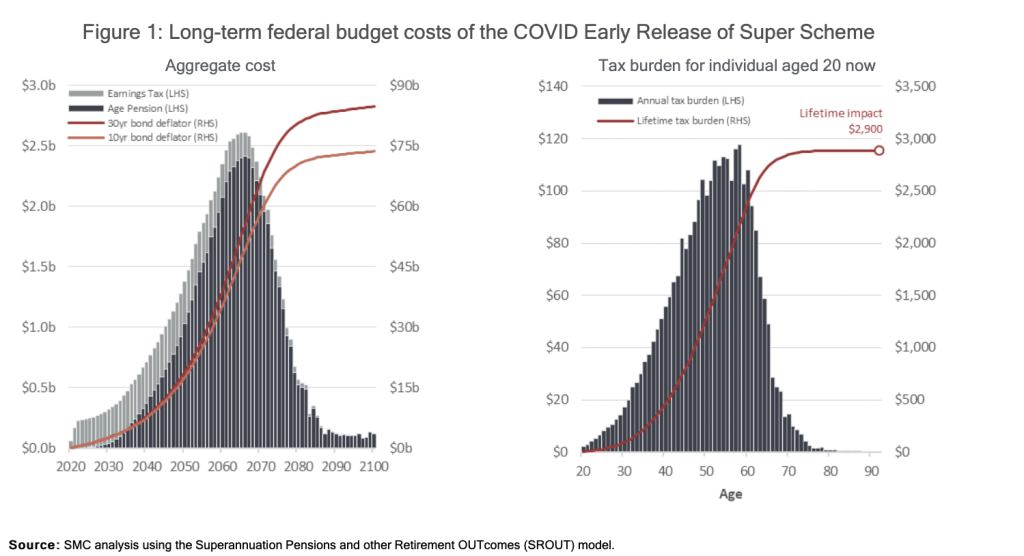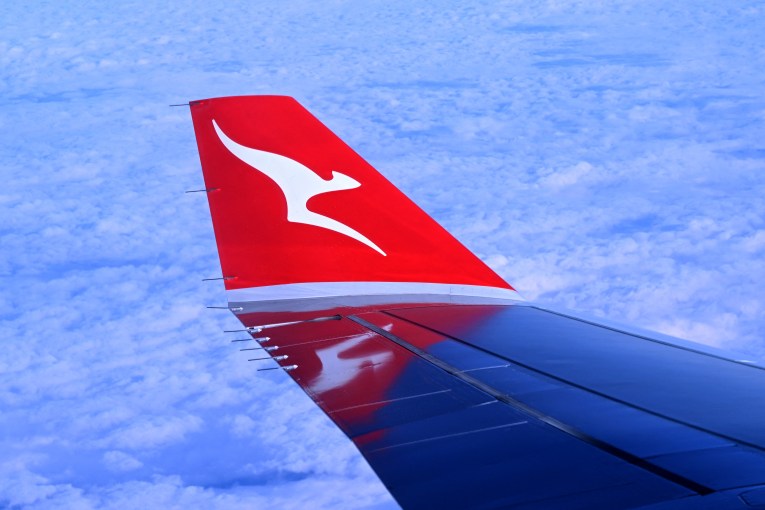COVID drawdowns on super to cost taxpayers billions


A COVID era policy that let people draw down on their supers could cost taxpayers dearly, new data shows. Photo: Getty
Australia’s superannuation savings should be reserved for retirement, a leading expert says, as new analysis shows taxpayers could be left billions worse off after many used their savings during the pandemic.
Analysis published on Friday by the Super Members Council (SMC) showed public coffers could be up to $85 billion worse off in today’s dollars over the long term after a Morrison government COVID policy allowed about 3 million people to take $37 billion from their super.
The SMC stated the figures show the need for an Albanese government push to enshrine a purpose for super into law, which would make it harder for any future administration to allow Australians to use their super for things like property deposits and even student debts.
“Whatever those purposes that are [flagged] by politicians, it’s important for people to know the consequences for breaking that seal on super,” SMC chief executive Misha Schubert said on Friday.
“People encouraged to take money out will be poorer in retirement and all taxpayers will be paying more tax because we’ll have higher pension age costs in the long run.”
Australian National University (ANU) professor Robert Breunig backed legislating a purpose for super, saying the system should have one purpose that aligns with retirement saving, and not drawdowns.
But he also warned that more changes to the retirement landscape are needed, particularly with the public cost of pension payments set to be a big problem for the budget in coming decades.
“The obvious budgetary solution and the fair solution would be to start to include people’s homes in the asset test for the aged pension,” Breunig said.
“You could combine that with some government reverse mortgage program that would help people to borrow against the value of their homes.”

Source: SMC (click to enlarge).
The SMC modelling projects the taxpayer cost of the early release super scheme over the next century, which is why the estimated public burden is so high at between $75-$85 billion.
Researchers calculated how much super would be lost at retirement for people who withdrew money and then estimated how much that would raise the pension burden.
“We had a very close look at the data around who accessed the early release scheme in respect to their age and how much money they took out,” SMC’s executive director of strategy Matthew Linden said.
“It’s possible in a modelling sense to look at what the future would have looked [like] if they hadn’t accessed that money versus what did happen.”
Because almost half of the people who withdrew super during COVID were 25 or under, the financial effects are enormous when compound interest is factored in, with some workers set to be around $93,000 worse off.
“What it demonstrates really clearly is the power of compound returns, what we look at for an individual looking forward in terms of their final retirement balance,” Linden said.
SMC also estimated that Australians aged 20 today will need to pay $3000 more in tax over their lifetimes to meet the higher pension costs that could possibly arise from the COVID scheme.
Breunig said that while he agreed broadly with SMC’s policy conclusion that super should be for retirement, he believes the long-term estimates of the burden on pensions might be overstated.
He said it’s possible that people who took money out of their super during COVID will begin to make concessional contributions to improve their balances, changing the financial calculus.
“I worry a bit that some of their numbers might be a little over exaggerated,” Breunig said.
Linden said researchers can’t predict how concessional contributions will play out, but historical data showed “only a very small proportion” of people make such payments into their super.
“They tend to be higher income earners on average, people who accessed this scheme were more likely to be younger people and lower income earners in particular,” he said.
The New Daily is owned by Industry Super Holdings








